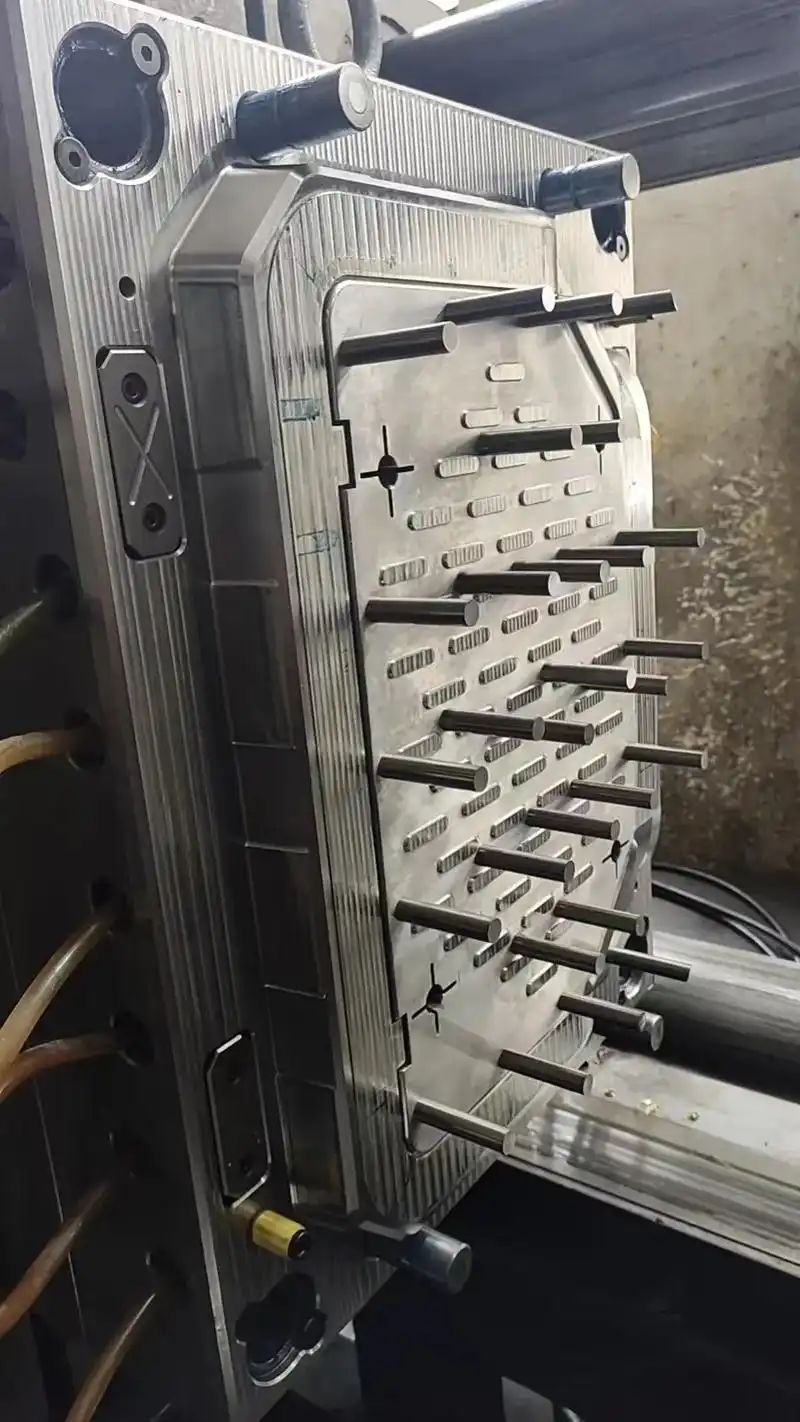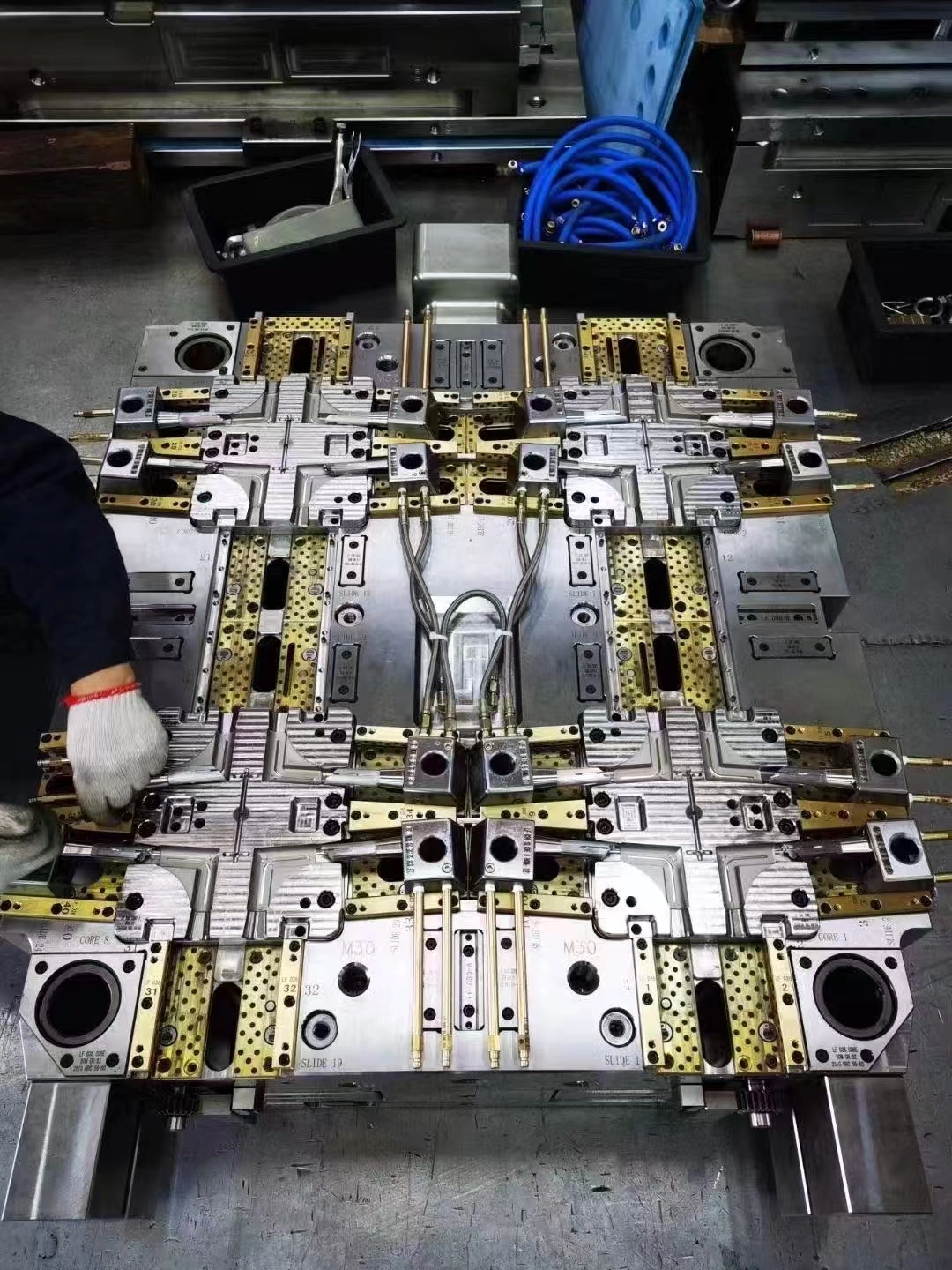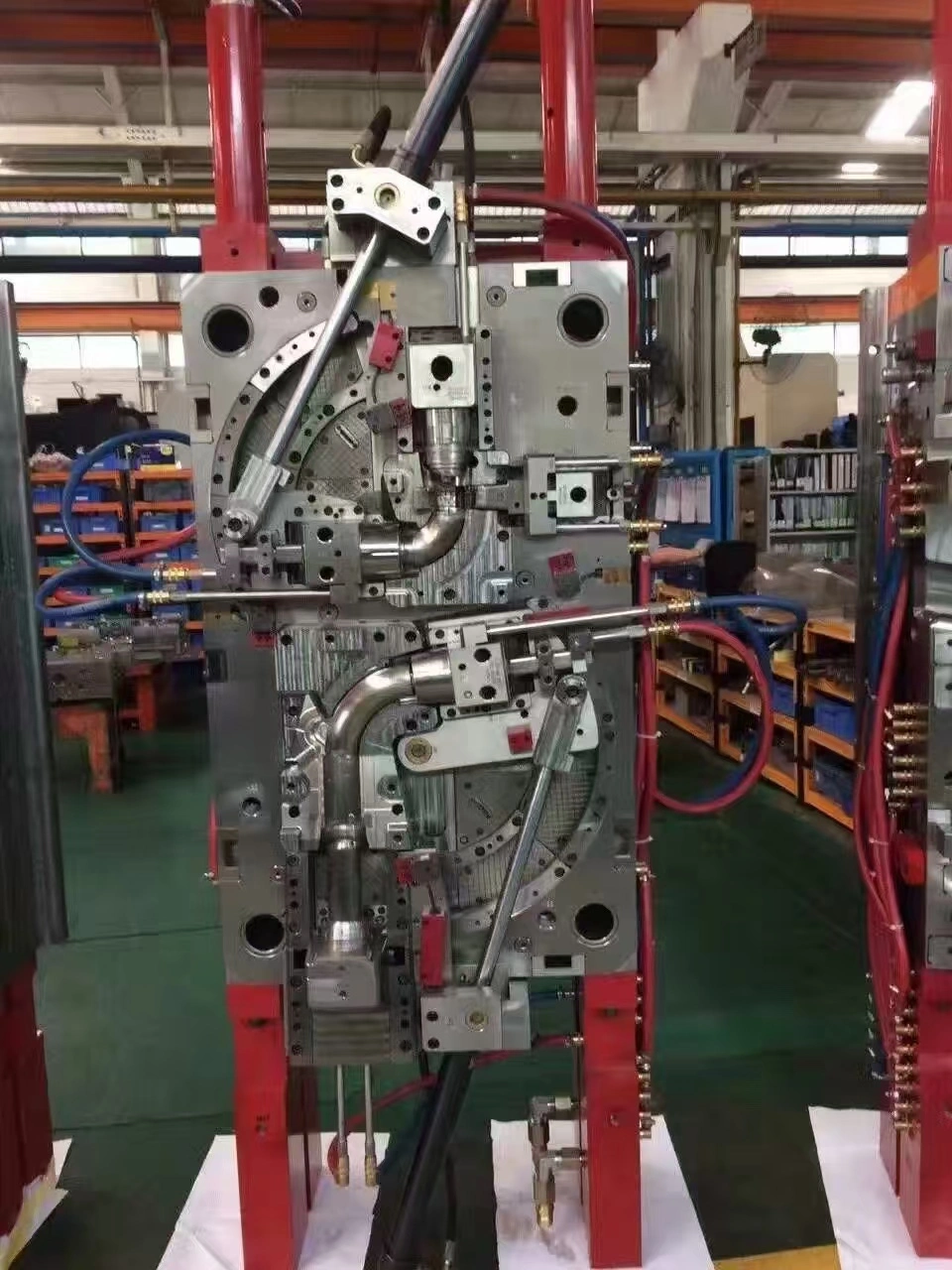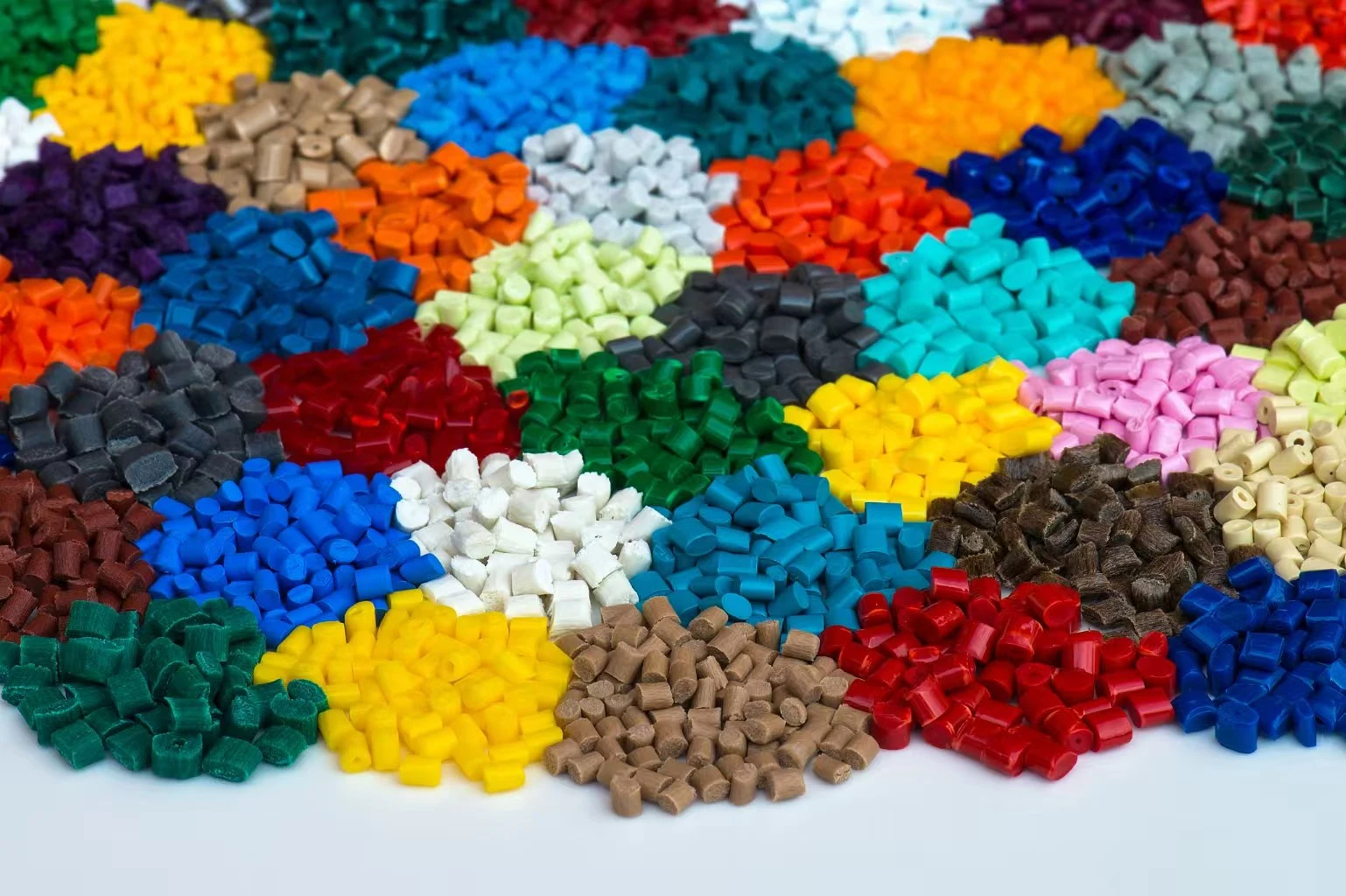Die Casting Aluminum Alloys and Material Properties
Aluminum metals that are die cast are very important in business these days because they are strong, light, and can be used in many ways. As part of this process, a lot of pressure is put on a steel mold to make it hollow. This makes things that are properly made and have the right size and finish on the outside. Because they don't rust and can carry heat and electricity well, die-cast aluminum metals are great for a lot of different industries, from market goods and home goods to airplanes and cars. Companies are turning to die casting aluminum alloys to make difficult, high-quality parts quickly and cheaply. This is because they want to make goods lighter, better, and last longer.
Advantages of Die Casting Aluminum Alloys
Lightweight and High Strength-to-Weight Ratio
Due to their high strength-to-weight ratio and low weight, die casting aluminum metals are a great choice for many uses. Because aluminum doesn't have a high density and complicated shapes can be made through die casting, producers can make parts that are much lighter than steel ones without sacrificing strength. This trait is especially useful in the aircraft and car industries, where lowering weight is key to better speed and gas mileage. Die casting aluminum metals can be as strong as some steels while only weighing about a third as much. This means that end goods can be much lighter and use less energy.
Excellent Corrosion Resistance
Die casting aluminum metals are very good at resisting rust, which makes them stand out. It is normal for aluminum to make a thin, protective oxide layer on its surface when it comes into contact with air. This layer stops further rusting and damage. Due to this natural quality, die-cast aluminum parts are very immune to rust and wear, even in tough environments. Different surface processes and coatings can make these metals even more resistant to rust. This means they can be used outside, in the sea environment, and in places where they will be exposed to acidic substances on a regular basis. Because die casting aluminum metals don't need extra protection against rust, you can often save money on upkeep and get more use out of your products.
Superior Thermal and Electrical Conductivity
Die casting aluminum metals have excellent thermal and electrical exchange qualities, which make them very useful in situations where heat needs to be properly transferred or electricity needs to be sent. Aluminum is a great material for parts in cooling systems, heat exchanges, and electronics that need to easily move heat because it has a high thermal conductivity. Aluminum is a good material for power transmission lines and electrical parts because it is slightly less electrically conductive than copper, but still a good mix between conductivity and weight. For improved performance in thermal and electrical uses, die casting lets you make complex shapes with the best heat escape channels or electrical paths.
Die Casting Process and Material Selection
High-Pressure Die Casting Technique
High-pressure die casting is an important part of modern industry, and it works especially well with aluminum metals. In this process, liquid aluminum is pushed into a steel mold hole under very high pressures, usually between 10 and 120 MPa. The high pressure makes sure that the liquid metal fills every part of the mold, even the smallest ones. This makes parts with a perfect surface finish and exact measurements. When you use die casting, you can make shapes that are very complicated and would be hard or impossible to make any other way. It also helps the end product have better engineering qualities because it solidifies quickly under pressure. For mass production in industries like automobiles, consumer electronics, and home products, this method is ideal because it is very effective and can make a lot of parts with uniform quality.
Alloy Selection for Optimal Performance
For die casting uses to work well, it is important to choose the right aluminum metal. Different metals have different amounts of strength, flexibility, resistance to rust, and the ability to be made. Some common aluminum alloys used in die casting are A380, A383, A384, and A413. Each has its own set of features. As an example, A380 is often used because it is very fluid and has good mechanical properties. On the other hand, A413 is often chosen for hydraulic parts because it is more pressure-tight. During the choosing process, things like the intended use, the material qualities that are needed, the working conditions, and any treatments that need to be done after casting are taken into account. To get fast output and good results, manufacturers have to find a mix between these factors and how easy it is to make the metal. Choosing the right metal can have a big effect on how well, how long, and how cheaply the end product works.
Heat Treatment and Surface Finishing
Heat treatment and surface finishing are very important ways to improve the look and performance of die-cast aluminum parts. Some types of heat treatment, like solution treatment and aging, can make aluminum alloys much stronger and harder. To get the best grain out of the metal, these processes use carefully controlled rounds of heating and cooling. Surface finishing methods, on the other hand, aim to make the die-cast parts look better and work better. Anodizing makes surfaces more resistant to rust and lets you add color; powder coating makes surfaces last longer and look better; and polishing makes surfaces smooth and shiny. Die casting aluminum metals can be treated in these ways very easily, which lets makers change the qualities of the finished product to meet specific needs for strength, resistance to rust, and good looks.
Applications and Future Trends in Die Casting Aluminum Alloys
Automotive and Aerospace Industries
Aluminum alloys made by die casting have changed the car and aircraft industries by making lightweight solutions that help save fuel and improve performance. A lot of engine blocks, gearbox cases, wheel rims, and structural parts in the car industry are made from these metals. Die casting lets you make complicated parts with thin walls, which lets you make shapes that are both strong and light. In flight, die-cast aluminum parts are used for parts of the engine, the inside of planes, and structural elements. The high strength-to-weight ratio of these metals makes them very useful for lowering the weight of airplanes, which saves fuel and makes it possible to carry more. In the next few years, there will be a lot more demand for new die casting aluminum alloy options because both the automotive and aerospace industries are still trying to make things lighter and more environmentally friendly.
Consumer Electronics and Home Appliances
die casting aluminum metals are popular in the consumer electronics and home device industries because they are flexible, good at managing heat, and look good. To make smartphones and tablets, laptop frames, and heat sinks for different electronic parts, these metals are often used in consumer electronics. Aluminum's great ability to get rid of heat makes it easier to deal with the energy problems that come up when electronics get bigger and more powerful. Machines like washing machines, refrigerators, and air conditioners use die-cast metal parts because they last a long time, don't rust, and transfer heat well. People in these fields like sleek, modern designs, and die casting makes it possible to make parts with very accurate dimensions and smooth surfaces. Die casting aluminum alloys will play an even bigger role in these areas as customer demand for products that are efficient, long-lasting, and look good continues to rise.
Emerging Applications and Sustainable Practices
Die casting aluminum alloys are finding new applications in emerging technologies and industries focused on sustainability. In the renewable energy sector, these alloys are used in solar panel frames, wind turbine components, and electric vehicle charging infrastructure. The lightweight and corrosion-resistant properties of aluminum make it ideal for these outdoor applications. Furthermore, the growing emphasis on circular economy principles has led to increased interest in recycling and reusing die-cast aluminum parts. Aluminum's infinite recyclability without loss of properties makes it an excellent material for sustainable manufacturing practices. Innovations in alloy composition and die casting techniques are also opening up new possibilities, such as the production of thinner, more complex parts that further reduce material usage. As industries worldwide strive to reduce their environmental impact, die casting aluminum alloys are well-positioned to contribute to more sustainable manufacturing processes and products.
Conclusion
Different businesses have found die casting aluminum metals to be very useful because they are strong, lightweight, and easy to work with. For these metals, the possible uses are growing as industrial methods get better, especially in areas that value ecology and economy. Die-cast aluminum parts will continue to be useful in the future because researchers are working on new metal combinations and better casting methods. Die casting aluminum alloys will be very important in shaping the future of manufacturing and product design because they can meet the needs of difficult modern engineering problems and support production methods that are good for the environment.
For those interested in exploring the possibilities of die casting aluminum alloys, Alwin Asia Limited, registered in Hong Kong, offers extensive expertise in this field. Our manufacturing facility, Dongguan Yongsheng Hardware Plastic Product Co., Ltd., founded in 1993, specializes in plastic molds, die casting molds, and plastic products. With over 300 employees and 6000 square meters of factory space, we provide comprehensive OEM services, including design, mold fabrication, production, and secondary processing. Our commitment to quality, cost-effectiveness, and timely delivery makes us an ideal partner for your die casting needs. Located near Shenzhen Airport, we offer convenient access for international clients. To learn more about our services or to discuss your project requirements, please contact us at sales@alwinasia.com.
FAQ
Q: What are the main advantages of using die casting aluminum alloys?
A: Die casting aluminum alloys offer lightweight properties, a high strength-to-weight ratio, excellent corrosion resistance, and superior thermal and electrical conductivity.
Q: How does the high-pressure die casting technique work?
A: High-pressure die casting involves injecting molten aluminum into a steel mold at high pressures (10-120 MPa), resulting in precise, complex parts with excellent surface finish and dimensional accuracy.
Q: What factors should be considered when selecting an aluminum alloy for die casting?
A: Factors include the intended application, required mechanical properties, operating environment, castability, and potential post-casting treatments.
Q: How do die casting aluminum alloys contribute to sustainability in manufacturing?
A: These alloys are infinitely recyclable, contribute to lightweight designs that improve energy efficiency, and support the production of components for renewable energy technologies.
Q: What industries primarily benefit from die casting aluminum alloys?
A: Key industries include automotive, aerospace, consumer electronics, home appliances, and renewable energy sectors.
References
1. Smith, J. D. (2018). "Advances in Die Casting Aluminum Alloys: Properties and Applications." Journal of Materials Engineering and Performance, 27(4), 1689-1699.
2. Johnson, A. R., & Thompson, L. K. (2019). "High-Pressure Die Casting of Aluminum Alloys: Process Optimization and Material Properties." International Journal of Metalcasting, 13(2), 298-311.
3. Zhang, Y., et al. (2020). "Microstructure and Mechanical Properties of Novel Aluminum Alloys for Die Casting Applications." Materials Science and Engineering: A, 782, 139285.
4. Brown, C. M. (2017). "Sustainability in Die Casting: Recycling and Energy Efficiency of Aluminum Alloys." Journal of Cleaner Production, 167, 880-889.
5. Lee, S. H., & Kim, H. J. (2021). "Recent Developments in Heat Treatment Processes for Die Cast Aluminum Alloys." Heat Treatment and Surface Engineering, 3(1), 1-12.
6. Patel, R. V., et al. (2022). "Emerging Applications of Die Cast Aluminum Alloys in Electric Vehicles and Renewable Energy Systems." Renewable and Sustainable Energy Reviews, 156, 111963.

We can provide a one-stop service, including design and development, mold fabrication, production, product processing, etc.
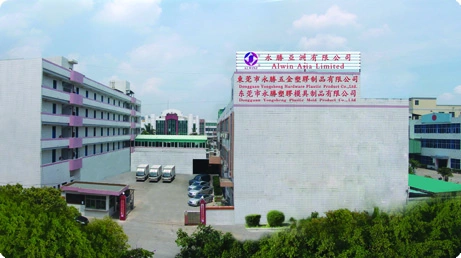
Professional injection mold, die casting mold, plastic products OEM manufacturer
